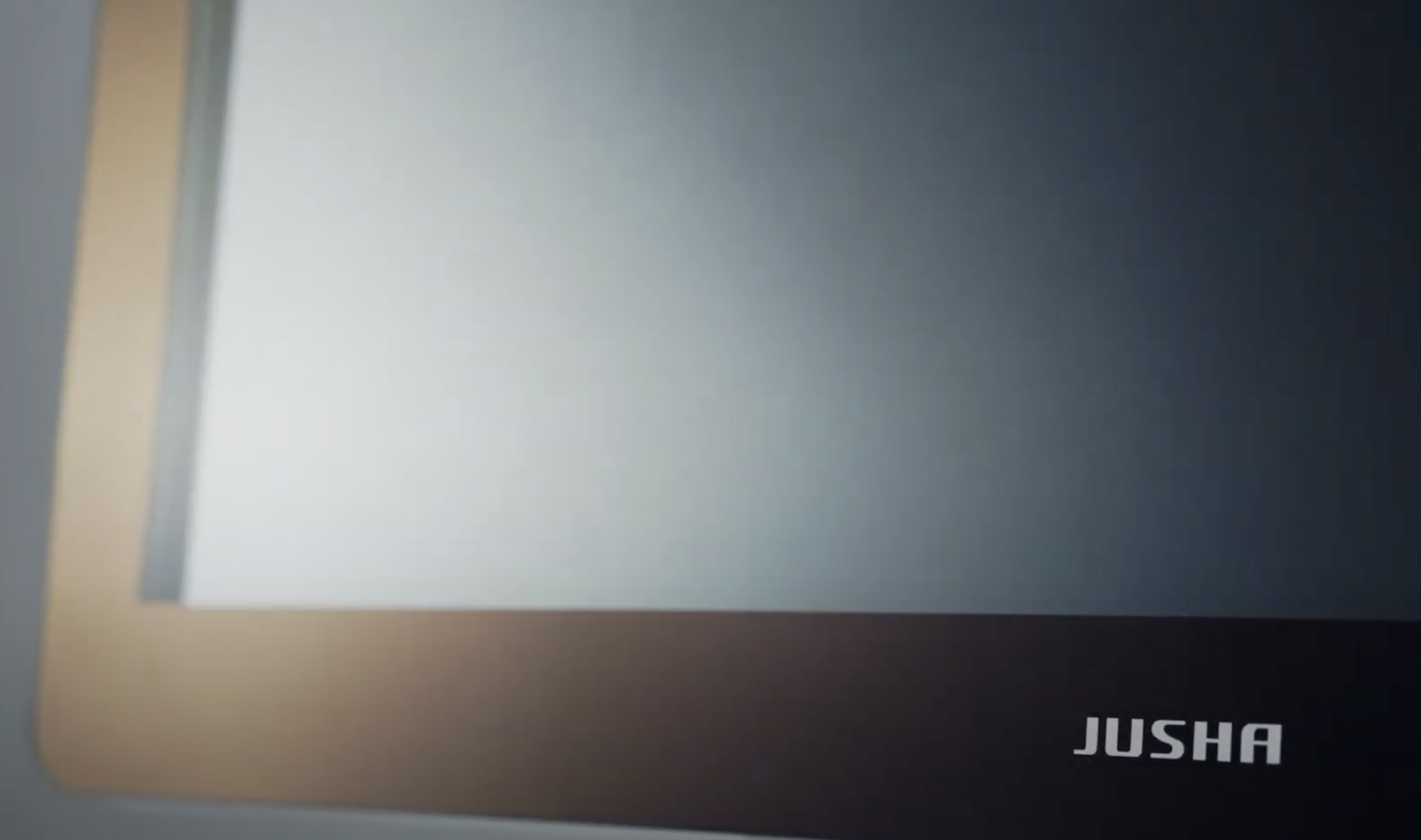C660G - 6MP Diagnostic Monitor
for General Radiology
You can find more videos on our official Youtube company page
This product features seamless dual-screen integration, full-screen uniformity, 16-bit LUT, and 10-bit color depth—ensuring accurate and consistent medical imaging. The built-in front sensor, combined with Jusha Qualitas QA software, guarantees long-term image quality. Physical shortcuts enhance user productivity, while USB-C support makes it an ideal tool for both home and office use.
Jusha Qualitas QA Compatible
With 100% self-developed software and hardware, users can check and calibrate the monitor easily with a few clicks, ensuring long-term image quality thanks to our strong vertical integration. The cloud management platform takes everything one step further, assisting large groups to manage all our devices more efficiently.
Integrated Front Sensor
It ensures the monitor stays compliant with medical standards. The built-in sensor continuously or periodically measures the monitor’s brightness (luminance) and grayscale.
Traditional setups require an external photometer and regular manual calibration by physics/IT staff. With a front sensor, the monitor self-calibrates automatically, often overnight or at set intervals. Saves staff time, lowers maintenance costs, and reduces downtime.
Protective Glass
Protective glass on a medical monitor safeguards the screen from scratches, impacts, and damage while allowing frequent cleaning with disinfectants.
It supports infection control by providing a sealed, easy-to-clean surface and can include anti-glare or anti-reflective coatings to reduce eye strain.
SmarTouch
Quickly toggling the monitor brightness between the current value and the maximum value with shortcut key, for temporary viewing and protecting your eyesight.
X-ray Film Viewer (XFV)
The monitor will display a high-brightness white image that simulates the effect of a traditional light box, allowing films to be placed on top the monitor for diagnostic purposes.
Spotlight
Display a square or circular highlighted area on the monitor centered on the cursor, while lowering the brightness of other areas and tracking the cursor postion in real time, making it easier for doctors to focus and make diagnosis.
Ambient Light Sensing
With build-in ambient light sensor, the device can change brightness level and compensate DICOM calibration automatically.
Keyboard Light
The bottom side of the monitor is equipped with a keyboard light, which is convenient for doctors to type and read papers.
Presence Detection
The monitor will detect whether there are people being in front of the monitor through sensors, and automatically turning off the monitor when there is no one presented to save energy and prolong monitor lifecycle.













